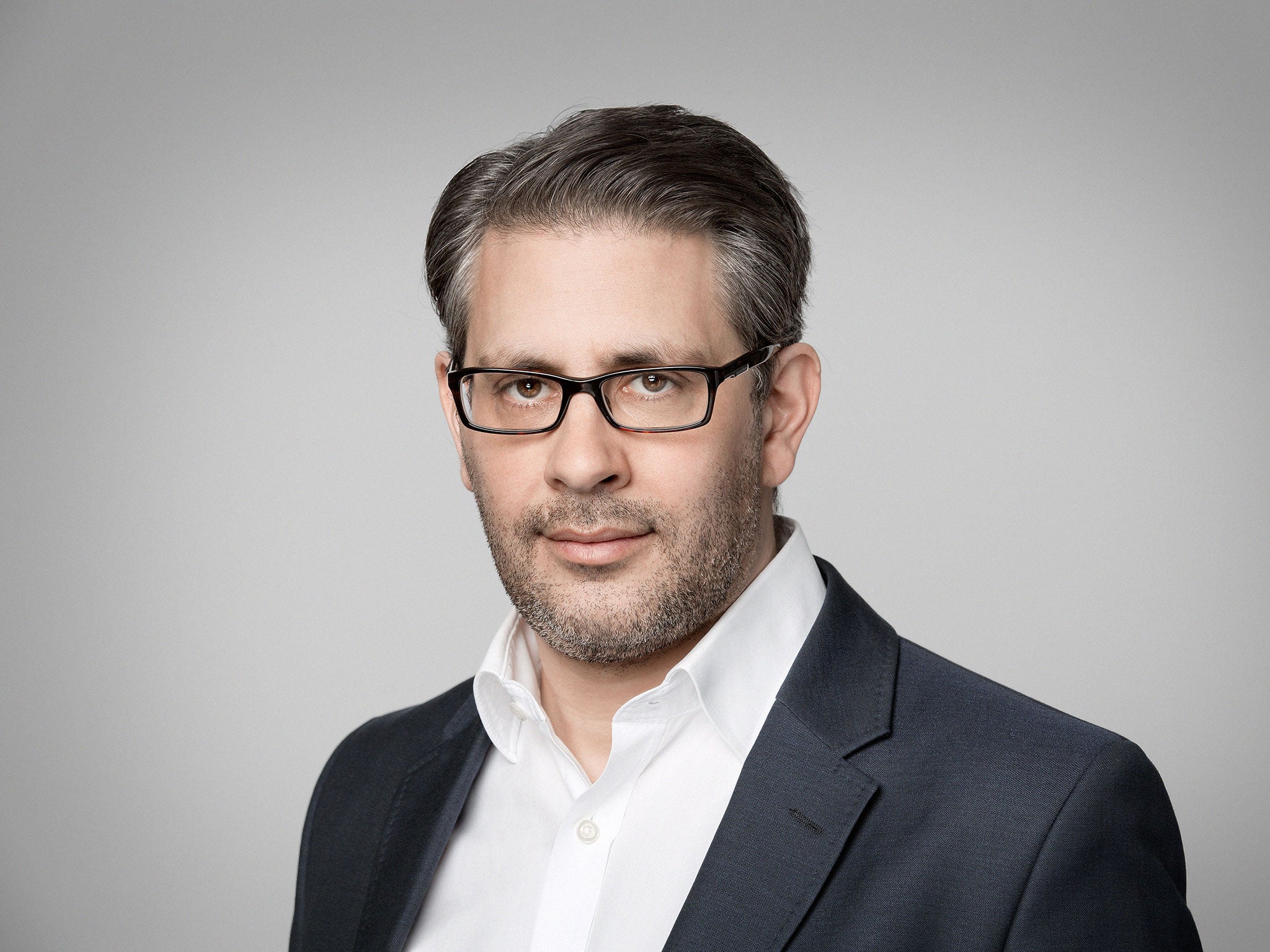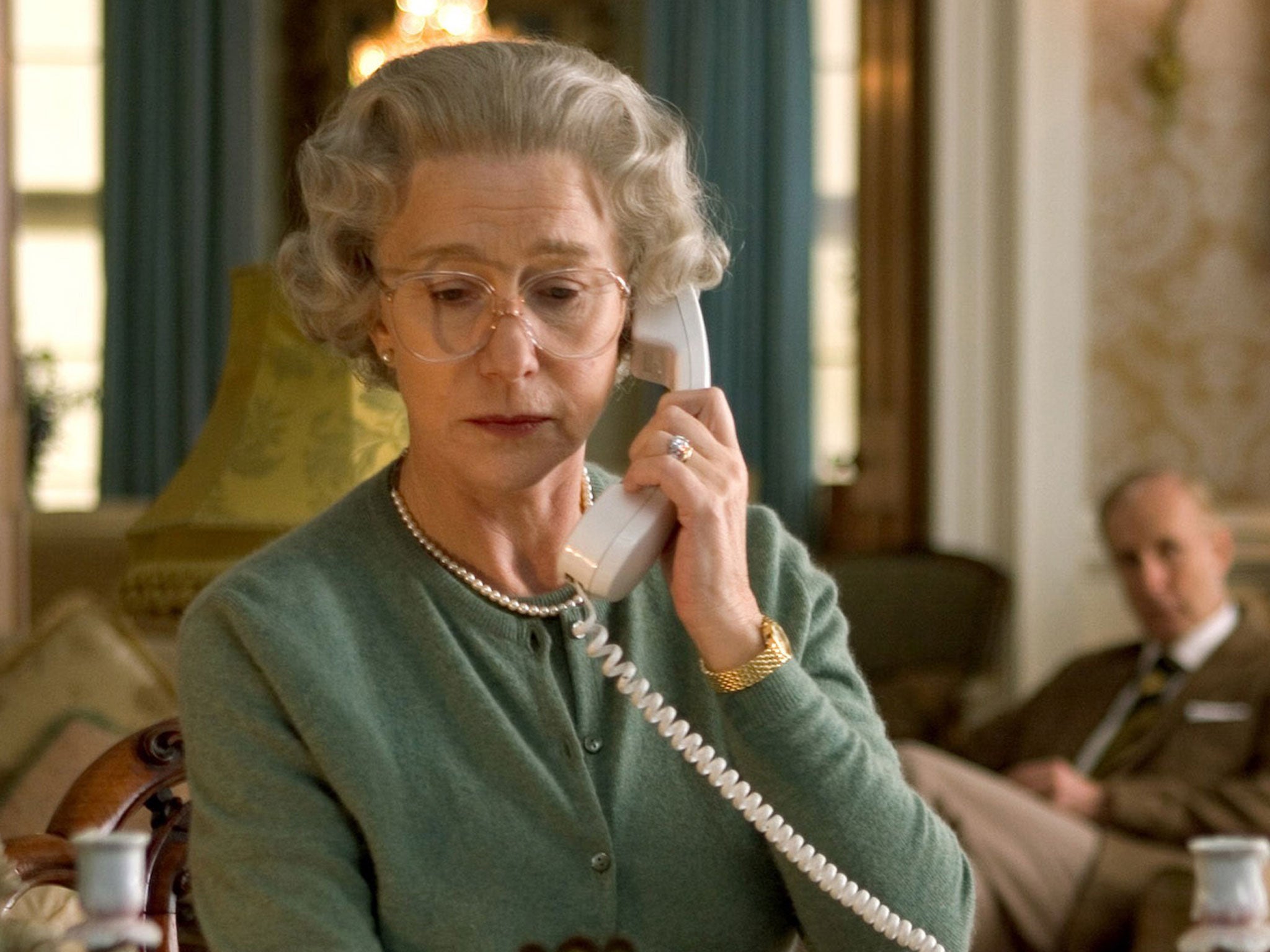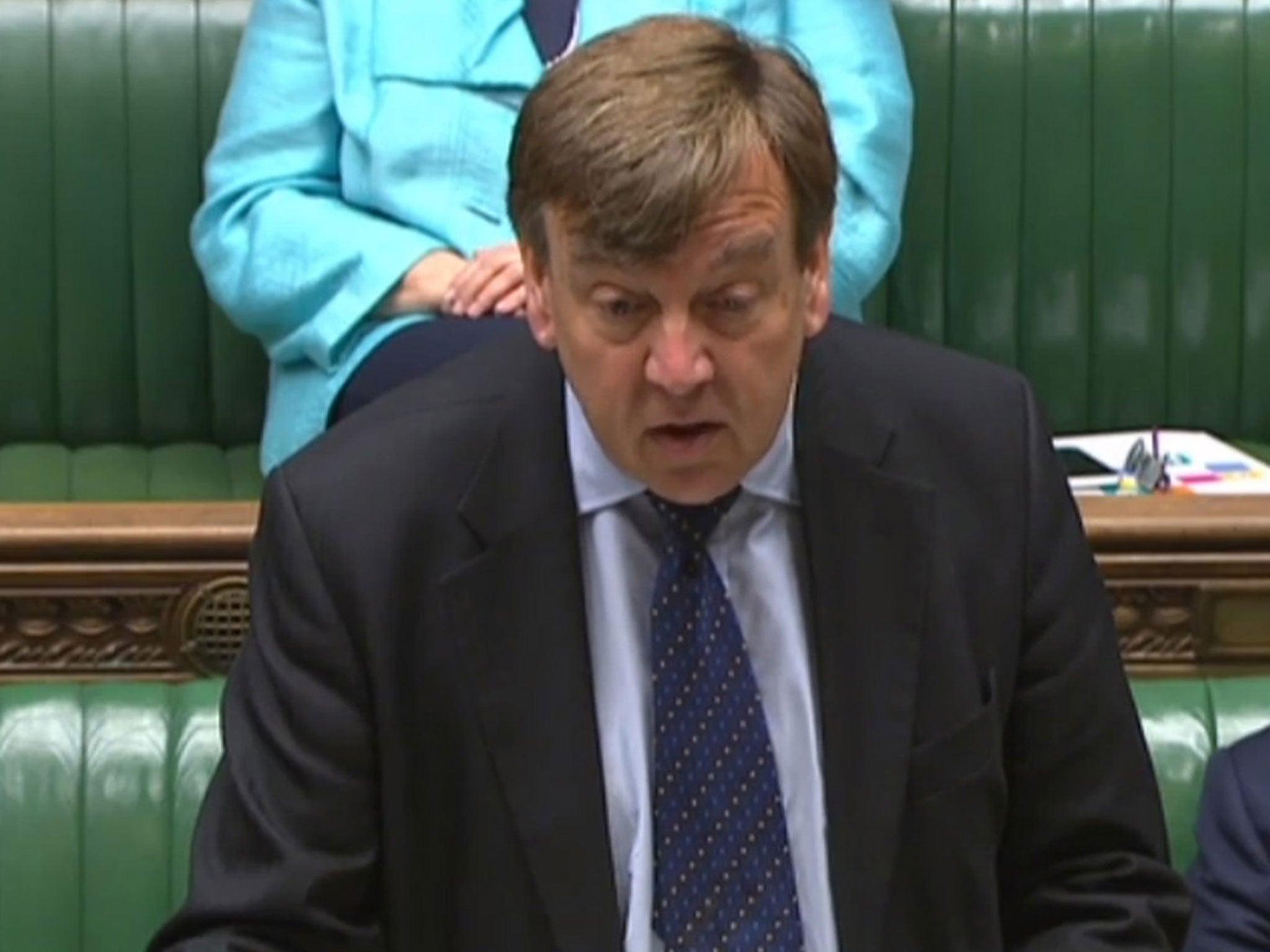The Crown: BBC wanted to make royal epic but 'could not compete' with Netflix financially
Danny Cohen speaks of frustration at missing out on 'classic BBC subject'

Your support helps us to tell the story
From reproductive rights to climate change to Big Tech, The Independent is on the ground when the story is developing. Whether it's investigating the financials of Elon Musk's pro-Trump PAC or producing our latest documentary, 'The A Word', which shines a light on the American women fighting for reproductive rights, we know how important it is to parse out the facts from the messaging.
At such a critical moment in US history, we need reporters on the ground. Your donation allows us to keep sending journalists to speak to both sides of the story.
The Independent is trusted by Americans across the entire political spectrum. And unlike many other quality news outlets, we choose not to lock Americans out of our reporting and analysis with paywalls. We believe quality journalism should be available to everyone, paid for by those who can afford it.
Your support makes all the difference.The BBC wanted to make Peter Morgan’s royal epic The Crown but “could not compete” with the financial ambition of the American streaming service Netflix, which will show the drama in 60 episodes from next year.
The Director of BBC Television, Danny Cohen, spoke of his frustration at missing out on “a classic BBC subject” and said his organisation, as a “national broadcaster”, was asking itself “what do we do to keep up” with giant media companies that operate in global markets.
“[The Crown] is a classic BBC subject – we couldn’t compete with the amount of money that Netflix were prepared to pay for that production, even though we would have loved to have been a co-producer with Netflix on it.”
Netflix is reportedly spending £100m on the drama, which will be shown over six seasons and document the Queen’s life since 1947. It is being written by Morgan, who scripted the Oscar-winning film The Queen, and directed by Stephen Daldry.
Mr Cohen said the BBC offered to be a co-producer on the project but could not match Netflix’s demands. “Their model is they want the global rights to put it on all their services,” he said. “They are really good at what they do and they have very ambitious plans to give themselves global scale in a short period of time.”
Speaking ahead of the Edinburgh International Television Festival, Mr Cohen also expressed concern over the market in television sports rights and called for an extension of the number of “Crown Jewel” major events that are safe-guarded for free-to-air audiences. He said it had been “painful” for the BBC to lose rights to covering golf and the Olympics, which Discovery will cover from the 2022 winter games.

“We can’t compete for a lot of these sports rights, we just can’t compete because of the sums of money,” he said. “I think that if anything we should lengthen the Crown Jewel list and certainly protect the ones we have.”
With Culture Secretary John Whittingdale appearing at the festival on Wednesday, the BBC is braced for further Government criticism of its financial management.
Mr Cohen said the BBC’s share of total TV revenue was falling sharply, from 22 per cent in 2011 to 12 per cent by 2021. “Sky, BT, Disney, they are all much bigger than the BBC,” he said. He warned that BBC income from the licence fee would be eroded because many young people didn’t see the need for a TV set. “The amount of licence fees we have been collecting has been falling because less and less people have got TVs and we can see that trend very actively happening now to a level which is going to seriously impact on our finances in 2017-2018,” he said. “The way people view content is changing, particularly among young people, and we need to respond to that.”

He defended the BBC’s right to broadcast populist shows, such as The Voice, saying that “entertainment has suddenly become a dirty word in the context of the BBC” and that “the battle for Saturday nights between the BBC and ITV has been going on for decades”. The Voice rates highly in lower income households, an important factor in the BBC’s argument for a continued licence fee. Mr Cohen said that although The Voice was not a BBC original format, neither were hits such as Dragon’s Den and The Killing.
Join our commenting forum
Join thought-provoking conversations, follow other Independent readers and see their replies
Comments